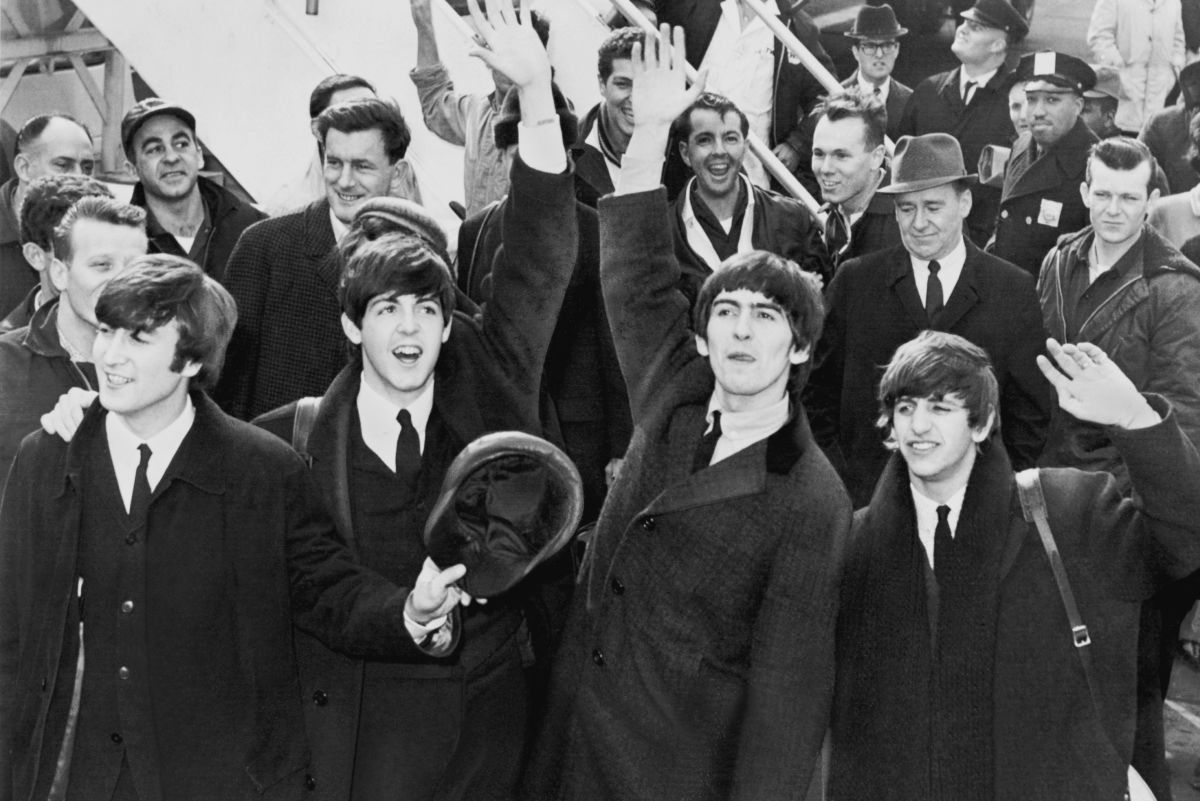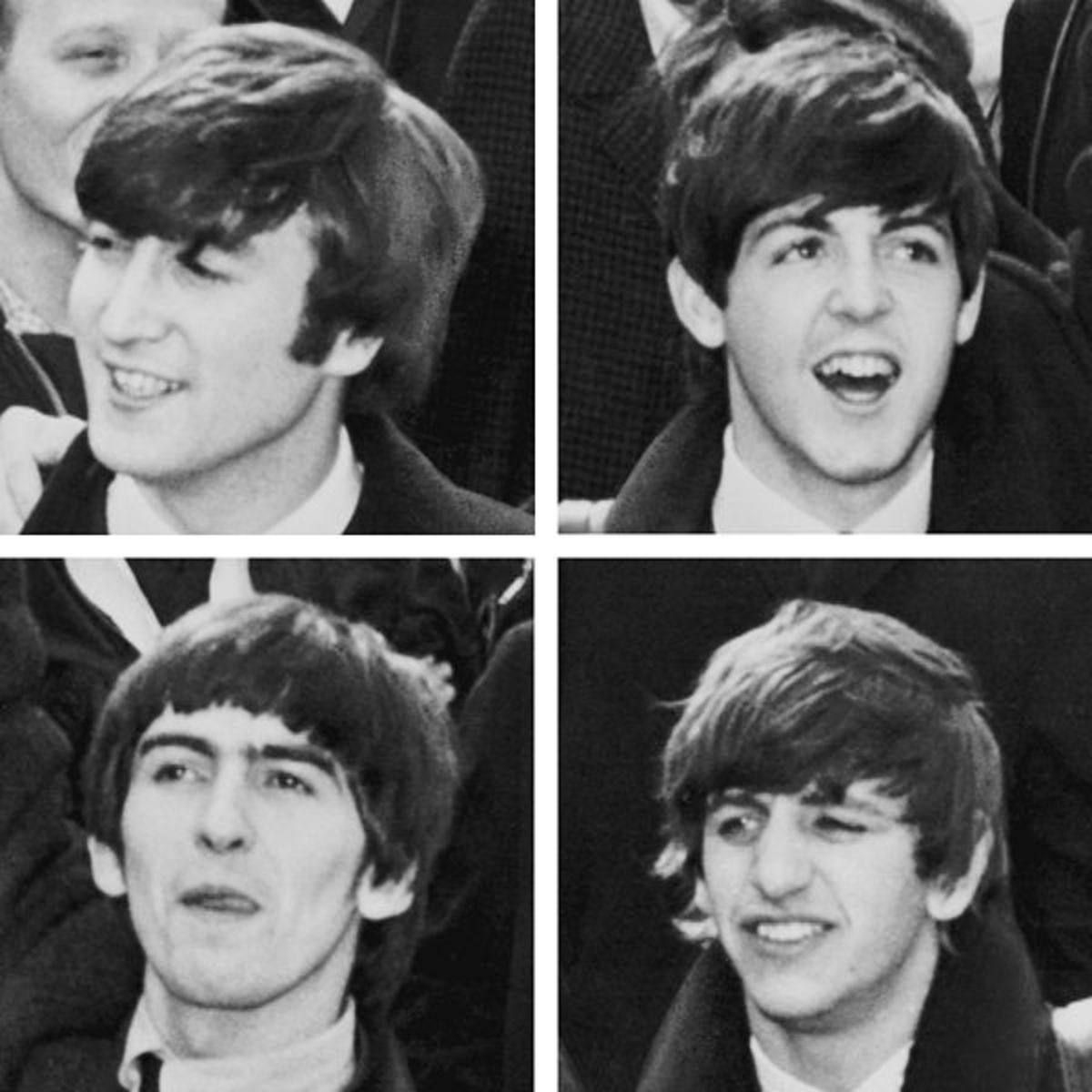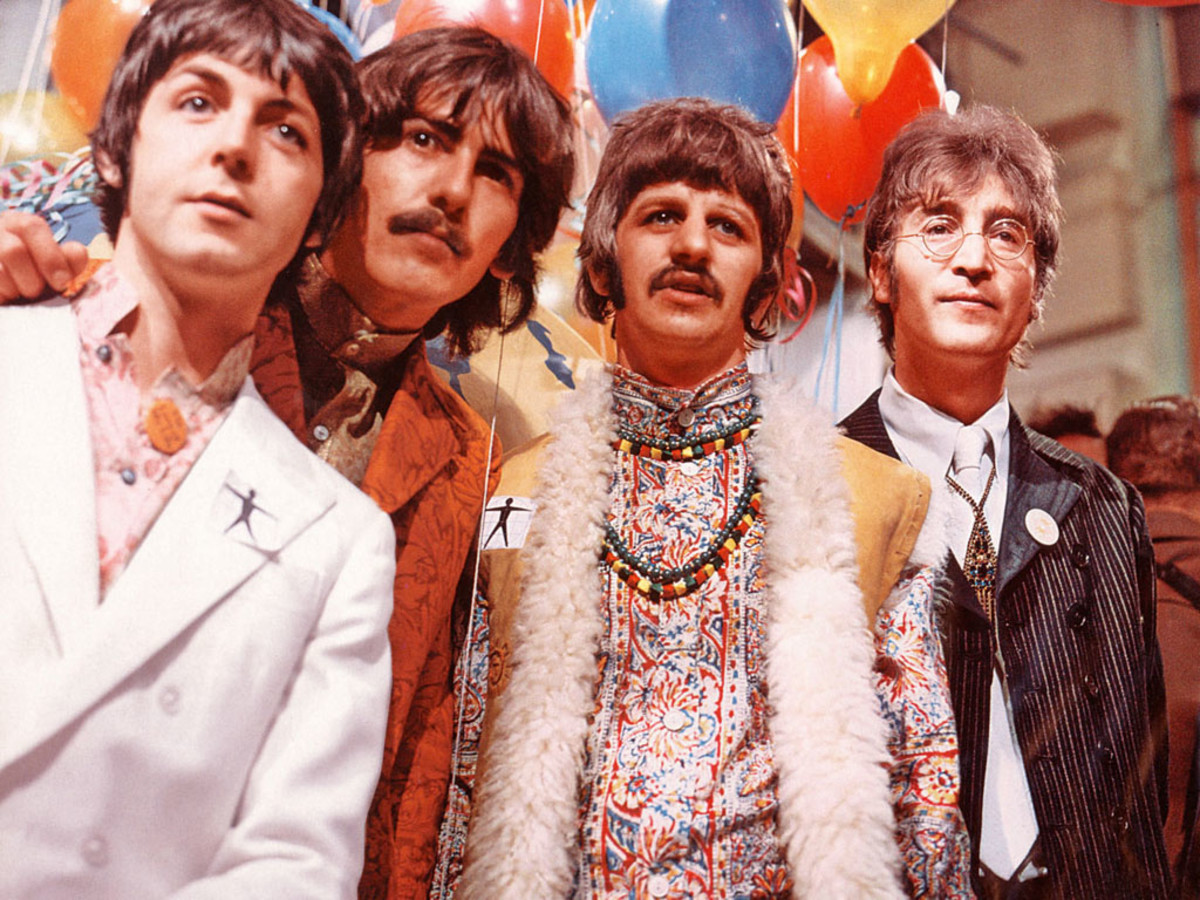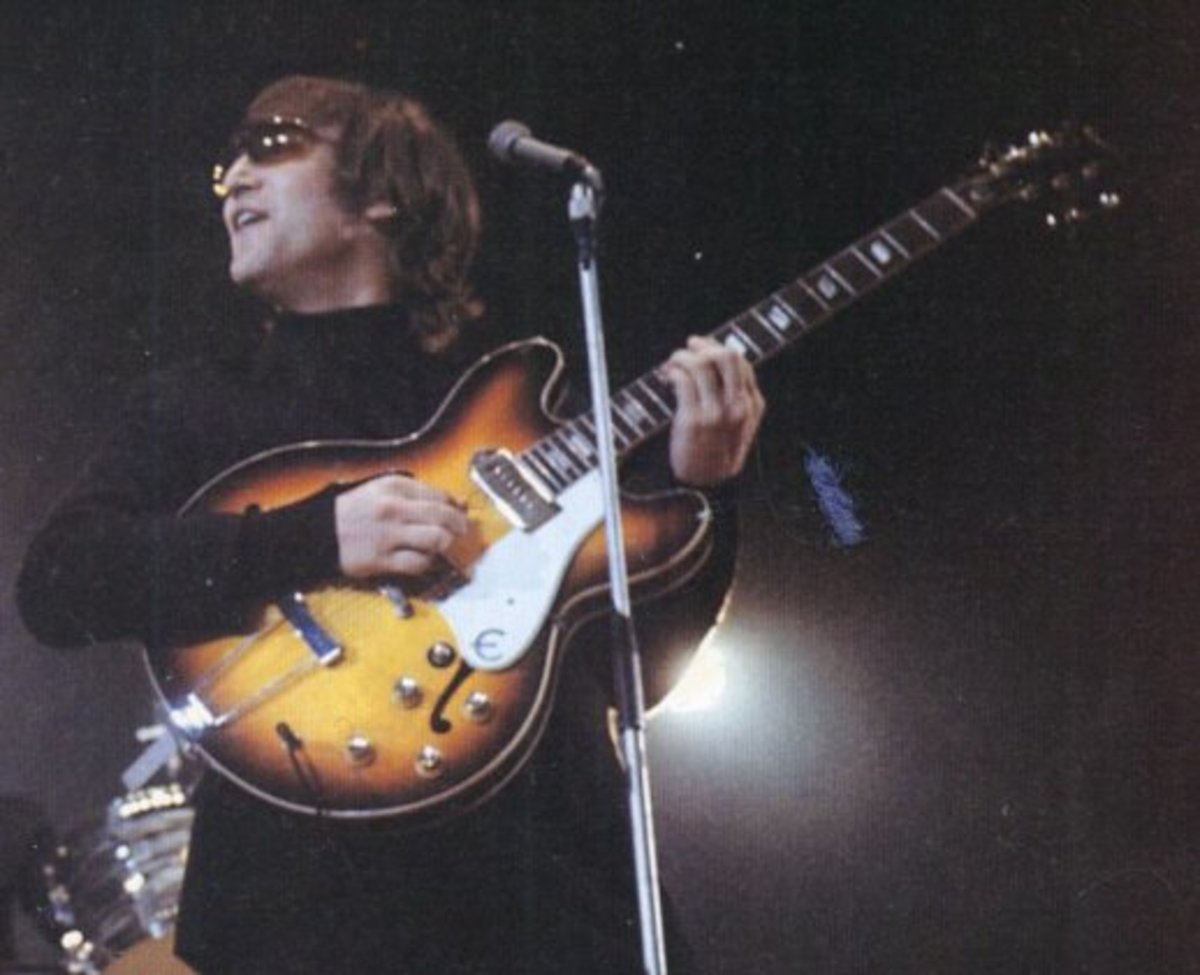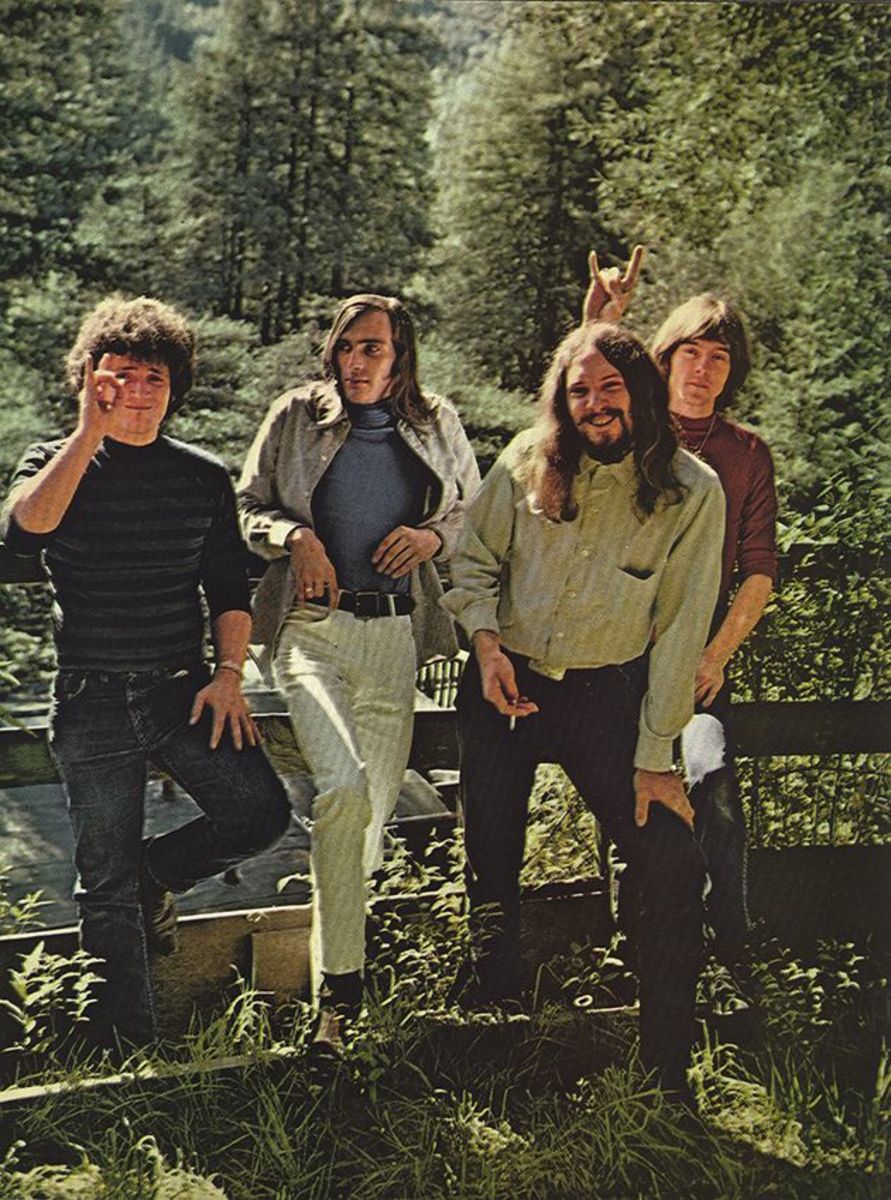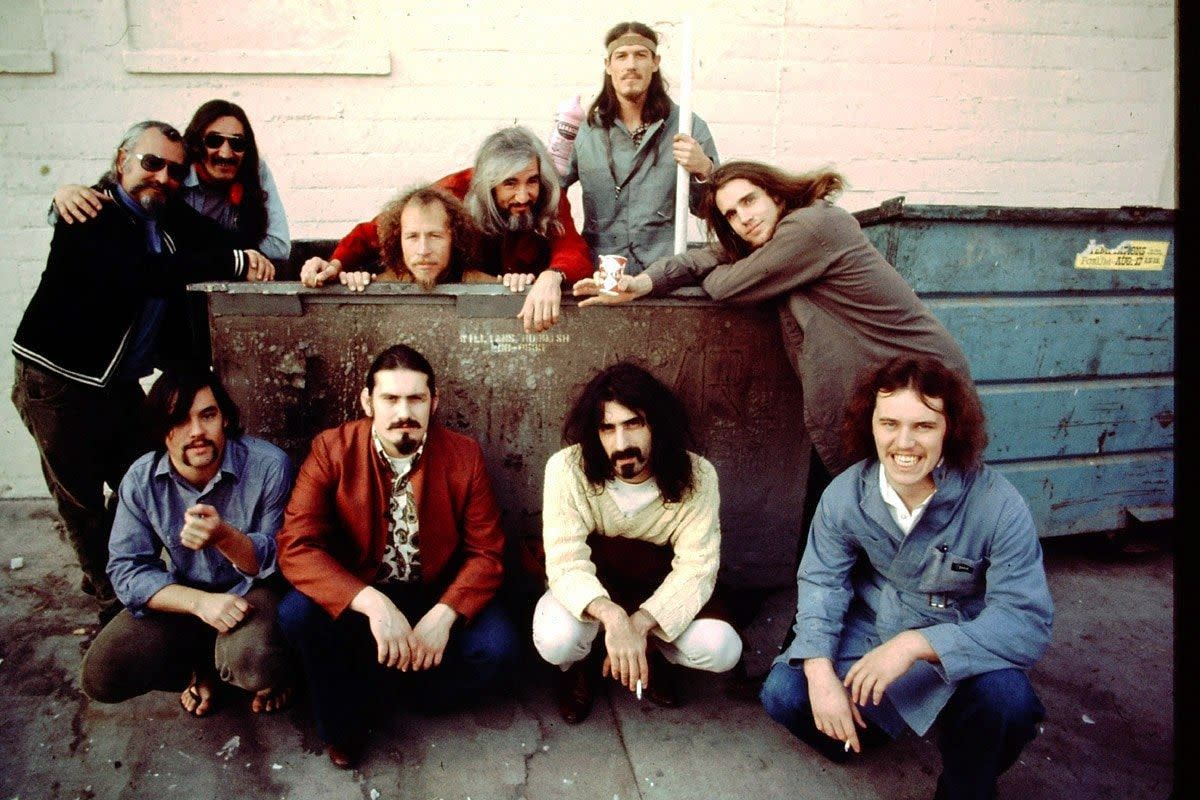The Wild Life: Paul McCartney's First Three Works Away From The Beatles, and How They Form a Coherent Suite
McCartney, RAM and Wild Life: Underrated Gems
Paul McCartney is obviously known for being one-fourth of the Beatles, from the day he played Twenty Flight Rock on the guitar to impress Lennon in the late fifties until the breakup of the band in 1970.
To this day, he's still releasing music and has produced a ton of songs and albums (including classical music), by himself, with Wings or in the Fireman. At the end of the day, Macca's one impressive songwriter and performer.
His first three albums were overlooked at the time of their release. Both McCartney (1970) and RAM (1971) have been reinstated as major works in recent years: it's hard to say the same about Wild Life (1971), which is still widely ignored to this day.
These albums tend to demonstrate how McCartney (Macca)'s recurring themes often deal with isolation, reclusion and separation from the "civilized" world, mixed with the only reason he kept going during these wild times; Linda McCartney.
'Man He Was Lonely' - McCartney
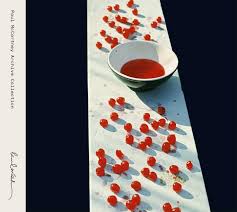
McCartney's first solo album released in 1970, is a widely acoustic album, often seen as a pioneering act of what we would call indie music today. It was recorded as simply as possible, in a small studio located in the north of London, where Macca played all the instruments by himself. It was filled with simple songs, reminiscent of the music-hall style dear to Macca such as; Man We Was Lonely and Every Night.
It was also with songs that are still included in the top tier of McCartney's solo work today, Maybe I'm Amazed being the most obvious example, closely followed by Junk, a wonderful ballad originally meant to be included on the 'White Album'. It was released in competition to the last album ever released by The Beatles, Let It Be.
While everyone agreed, at the time, that Maybe I'm Amazed was a brilliant song, the vast majority of the critics dismissed the album as a weird experience.
The music-hall side of Paul McCartney's work – which was already present in Beatles songs such as When I'm 64, Maxwell's Silver Hammer or even Fixing A Hole - was never really appreciated by the edgiest side of rock n' roll critics. It sold quite well across the world however staying three weeks at the top of US Billboard.
The album does have an easy feeling to it. It has the smell and the looks of a 'breakfast in bed' - oh, the irony - with Macca and Linda, who happens to sing backing vocals. It's comfy, it's relaxing and, to a certain extent, you could categorize the album as easy-listening. Which is not a bad thing. At all.
That said, some lyrics do show how Paul was feeling at the time, especially in the song Man We Was Lonely:
« I used to ride on my fast city line
Singing songs that I thought were mine alone (alone)
Alone
Now, let me lie with my love for the time
I am home (home) »
— Paul McCartney - Man We Was LonelyAlso, the song Every Night seems to express a link between the anxiety that Macca seems to be feeling, and his desire to stay at home:
« Every night, I just want to go out
Get out of my head
Every day, I don't want to get up
Get out of my bed ».
— Paul McCartney - Every NightMcCartney was written and released during the climax that led to the ultimate separation of what was, arguably, the greatest rock and roll band of all times.
The traditional promotion for the album was the occasion, for Macca, to announce to the world that he was leaving the band. Paul sued John Lennon, George Harrison and Ringo Starr to officially end the partnership and untie his hands from ABCKO Music & Records.
Around the same months:
- Lennon released Plastic Ono Band; which is rightfully considered as a masterpiece.
- Harrison released All Things Must Pass, which made everyone realize how Harrison deserved as much praise as a songwriter than Lennon and McCartney.
- Ringo released his second solo album, Beaucoup of Blues, a country LP; which was also praised as a very interesting effort fitting to Ringo's voice.
All of these albums were praised, especially in comparison to McCartney.
McCartney was - to the public - the one who broke The Beatles and the one who seemed to stay behind in the music territory. Plastic Ono Band and All Things Must Pass seemed to leave McCartney in the dust.
The only thing he could do at this point was to 'ram' on.
'RAM': 'We Can't Be Wrong' - Intentions Clarified
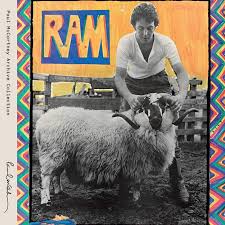
In 1971, Macca released his latest album, alongside Linda McCartney: RAM. In many aspects, this album can be considered as a way of clarifying the intentions of one very energized songwriter.
Bothered, due to his undeniable drive for competition, by the unaltered success of Plastic Ono Band and All Things Must Pass, it acts as both a continuity and a change of pace. Recorded in a much more professional – and expensive – way, with excellent musicians at the helm (David Spinozza and Hugh McCraken for guitars, and future Wings drummer Denny Seiwell, who also played on Wild Life), and complemented by Linda's very refreshing backing vocals, RAM seems to be an answer to everyone. It's far more accessible than both McCartney and Wild Life, in retrospect, due to its lushier production.
That said, the improvisation is still an inherent part of the work: Heart of the Country, for example, has a scat feel about it. Musically, some elements of music-hall styled music can be found in Uncle Albert or Heart of the Country. RAM is a change of pace, but also a continuity from McCartney.
The LP opens with a hit on Lennon in the song 'Too Many People', which, in a vicious way, is far more subtle than the lyrics from Lennon's later response in How Do You Sleep? (Imagine, 1971):
« That was your first mistake
You took your lucky break and broke it in two
Now what can be done for you?
You broke it in two »
— Paul McCartney - Too Many PeopleAs an opening track, Too Many People sets the tone: Macca's not exactly in his bed anymore. He's jumping everywhere: playing a blues with 3 Legs, saying how Linda's ex should regret how he lost her in Dear Boy, screaming his heart out in Smile Away and Monkberry Moon Delight, while also building wonderful little ballads such as Long Haired Lady and The Back Seat Of My Car.
RAM goes everywhere, and the title song Ram On seems to be Macca's response to The Myth Of Sisyphus by Albert Camus, with the inclusion of Linda's comfort :
« Ram on
Give your heart to somebody soon
Right away
Right away »
— Paul McCartney - RamWith some level of stretch, you could say that while Ram On is saying that you can only go forward if you « give your heart to somebody », Lennon is saying that holding on is a matter you can only resolve within you (not without you though) in the wonderful song Hold On in Plastic Ono Band.
« When you're by yourself
And there's no one else
You just have yourself
And you tell yourself
Just to hold on »
— John Lennon - Plastic Ono BandRAM is also a continuity; some of its themes are very similar to McCartney. Macca's singing about finding a house in the Heart of the Country, he's saying that we should Eat at Home, and he's reenacting his love letter from McCartney, The Lovely Linda, into the beautiful song Long Haired Lady.
While McCartney was about home and a certain sense of anxiety, RAM is about the better part of isolation and reclusion: when you live in a farm of Scotland, you can pretty much make all the noise you want.
In fact, this album is comparable to what one may do with a mirror: making faces just to see into what kind of weird creature one can look like.
McCartney was one idea that lasted an album: RAM was an explosion of things that end up being a wonderful and oh, so fun mess.
In that regard, this album is a younger, wilder brother, with much more energy about him but, in a sense, also less focus.
The album is also reminiscent, to a certain extent, of Beatles songs: Uncle Albert/Admiral Halsley is a medley, which can be a reminder of Abbey Road's B side.
It's also - in a way - comparable to A Day In The Life: a song with many different themes and approaches, culminating in a high point near the end of the song. Also, I can't help thinking about Helter Skelter whenever I listen to Monkberry Moon Delight.
So, the themes are similar, yes, but also more diversified. Extremely diversified: too much, in fact, according to contemporary critics of the album, who saw it as another weak effort. The album had a very mild reception.
In fact, while McCartney was at least praised for Maybe I'm Amazed and Junk, RAM was considered as nothing more than a mess.
RAM was meant to show how Paul McCartney was as far as possible from losing his touch. But, then again, the release of Lennon's Imagine in September 1971 outshined RAM in the eyes of critics. Fortunately, the album was reinstated as a major work in recent years: many people believe that it's one of an early example of « indie music ».
The reception for RAM shook Macca quite a bit. It's not hard to see why Macca decided to build one major act: Wings, in order to start over. Wings was meant to build its reputation with the excellent album Band On The Run.
Their first album, Wild Life, is however still ignored by pretty much everyone to this day. It's a wonderful little capsule of space which encompasses what's best about music, sincerity. It also closes this trinity of albums which is, for me, one of the most coherent of all of Macca's career, rooted in his personal life and filled with songs that should be considered as little gems that are meant to be assembled together.
Wild Life: Whatever Happens

Wings
Wings is a band that went through many changes during its rather long history. The inexperienced Linda, Denny Laine and Paul McCartney were the core members during its lifetime, from 1971 to 1981.
To a certain extent, you could compare the Wings experience to the Plastic Ono Band experience. Macca was determined to include Linda in his musical career, even though she never really learned how to play any instrument until that point. Wings was meant to be a band for Macca to play live again: it was the first time he ever played live since the height of the Beatlemania (excluding of course the famous rooftop gig), and Wings was presented as a new band willing to tour.
The very first Wings album, Wild Life, was issued in December 1971. In many aspects, it's continuity from McCartney and RAM: the songs are simple, played with a great sense of improvisation and simplicity, with a very simple production and a slow, easy feeling about them.
That said, it also encompasses the anxiety and need for reclusion that was extremely present in McCartney while also retaining a more diversified approach just as RAM did.
Wild Life could be considered as being one of Macca's most sincere and heartfelt moment in his musical career. When you listen to Wild Life, it's as if you were chilling in the grass and hearing the thunder coming in maybe 20, 30 minutes: should you leave and avoid the rain, or should you stay as long as possible in order to make the better of a good moment?
Some songs from the LP really mix the comfort that Linda was carrying to Paul and a need for reclusion and exclusivity for both of them. The song I Am Your Singer is a prime example of the feeling that the only thing that seemed to matter to Macca was music and that he kept going on with the help of Linda :
« Someday when we're singing
We will fly away, going winging
Sing, singing my love song to you »
— Paul McCartney - I Am Your SingerThis feeling is also carried out by one opposition that's made between everyday life and music : while one end, the other lingers on as something unpenetrable and eternal :
« My song is sung
When day is done harmonies will linger on »
— Paul McCartney - I Am Your SingerThe first two songs of the LP are often considered as nothing more than weird little experiments. Mumbo seems to be a jam of some sort, with a very casual feeling about it, as if Macca just decided to go with the flow why having nothing more than a mess of ideas and a few chords before recording the song.
The result is something that's reminiscent, to a certain extent, of Monkberry Moon Delight. It opens the album with a far different statement than RAM: a messier, wilder treatment.
Bip Bop is a very particular song. It has a country feeling about it, and it's filled with vocals improvisations. In the mythos of Macca's huge discography, this song is often laughed at as a little song that should have never existed.
However, it sets the mood for a Wild Life album that seems to be taking the variety of RAM into something even messier.
It would be an exaggeration to say that this particular song is a masterpiece… but it's a pretty little happy song, a fun mess, and a good way of introducing the album with Mumbo.
Love Is Strange is pretty much a reggae cover of a Bo Diddley 1956 song, and a really good one at that. Just after, however, comes Wild Life, the title track, with much harder statements – political ones, actually :
« You're breathing so hot
A lot of political nonsense in the air
You're making it hard
For the people who live in there
You're moving so fast
But, baby, you know not where
Wild life (wild life)
What's going to happen to
Wild life (wild life)
The animals in the zoo?»
— Paul McCartney - Wild LifeMcCartney's going even deeper in the reclusion side with a song that clearly seems to be a critique towards « some people » that can never see how Linda was the one who kept Macca together in the song Some People Never Know :
« No one else will ever see
How much faith you have in me
Only fools would disagree that it's so
Some people never know »
— Paul McCartney - Some People Never KnowTomorrow is a wonderful song that should really be instated as a high point in Paul's career. A little gem with a simple theme:
« Oh, baby, don't you let me down tomorrow
Through the week we beg and steal and borrow
Oh, for a chance to get away tomorrow »
— Paul McCartney - TomorrowFinally, the song Dear Friend is a haunting song and a way for Macca to try and fix his relationship with no other than Lennon. No one really realised this at the time, but this song is a masterpiece, close to Tug of War's Here Today, which is also a song about Lennon, written after he died. It starts with a wonderful line:
« Dear friend, what's the time?
Is this really the borderline?
Does it really mean so much to you?
Are you afraid, or is it true?
Dear friend, throw the wine
I'm in love with a friend of mine
Really truly, young and newly wed
Are you a fool, or is it true? »
— Paul McCartney - Dear FriendThe three albums have a distinct sound to each of them.
They just get wilder and wilder, and they were born from different forms of anxiety, but always with the help of Linda and with the love of music that drives Macca to this day.
Often, people say that Macca's songs are nothing more than easy-going songs with themes that come around. It turns out those three albums are very personal and deal with themes of reclusion and isolation, just as much as Beatles era song like Eleanor Rigby, Fixing a hole or even Yesterday.
Later works for Macca's career often go back to these themes, but less so than these three albums – as examples, it's possible to refer to the album Flaming Pie or even to the latest album, Egypt Station, in which the song I Don't Know seems to be the direct grandson of the song Dear Friend.
Which is your favourite Macca album? Comment below!
I'd like to thank Vas Konstantinidis for her invaluable help.
A Spotify Playlist With Songs Referenced
- The Wild Life on Spotify
A playlist featuring Paul McCartney and John Lennon
McCartney
RAM
Wild Life
© 2020 Quentin Crespo

![McCartney[LP]](https://m.media-amazon.com/images/I/51va8nyGMlL._SL160_.jpg)

![Wild Life[2 LP]](https://m.media-amazon.com/images/I/61mCNCsCWwL._SL160_.jpg)
